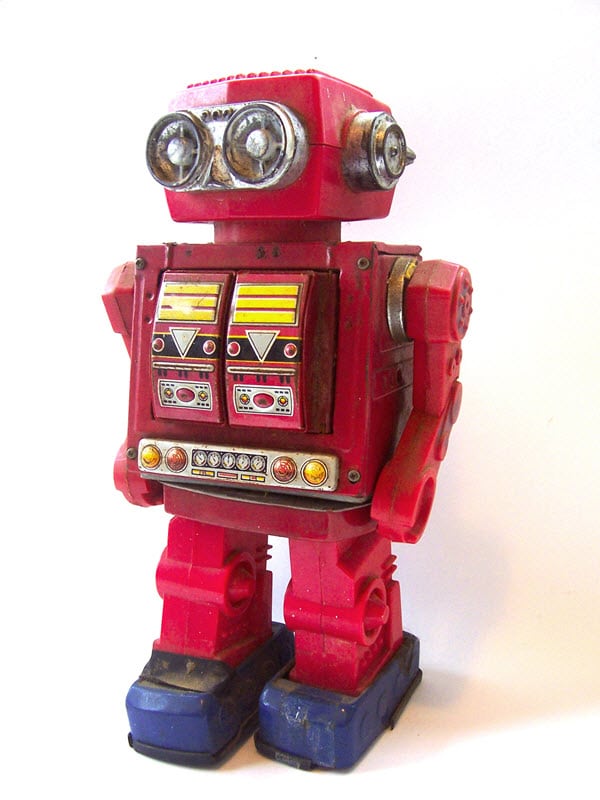The citizens of the world have heard more about models in the last few months than at any time before. Epidemiologists had faith in their models in order to change human behavior that helped stop the deadliest disease of our lifetime from spreading.
Mutual fund asset allocation models have been around for years. Robo-advisor models to pick mutual funds on company 401(k) retirement plan menus have only recently been made available.
Asset allocation models are based in a large part on historical investment performance. The academic thought process behind asset allocation states that educated guesses on future investment performance of various asset classes can help build an acceptable range of investment returns.
Models that provide help in choosing 401(k) mutual funds are supposed to help inexperienced and unsophisticated individual investors make sense of their default company 401(k) retirement plan mutual fund options.
Great idea. The logic makes sense. But how on earth can any model ever account for the last two months of social, economic, and stock market events? Don’t forget about the recent history of oil prices and interest rates.
So, how useful can any asset allocation model be going forward?
What good are asset allocation models when a series of life-changing events that have never happened before are happening right now?
And what happens when economic and social behaviors are change for the next few years or maybe forever?
The Bureau of Labor Statistics has never had to cope with 36 million workers filing new unemployment claims in the last two months.
The most sophisticated and experienced oil traders and markets in the world never considered the possibility that oil prices would trade at negative $40 per barrel due to a pandemic and a lack of crude oil storage space.
Entering 2020, the projected U.S. budget deficit was around $1 trillion. In less than four months, $2.2 has been added to that deficit through four coronavirus response spending bills. And Congress is not yet done passing more spending programs that will add to those budget deficits.
All models are educated guess, based on past performance, with even more guesses about the future. A stock market collapsing and historic interest rate lows are not included in any model projections.
Call me old-fashioned, but I don’t think any model strategy is useful in picking your company 401(k) mutual funds. Mutual fund selection models are now full of more risk than at any time in your investment management lifetime.
You don’t have to guess at which company 401(k) mutual funds to own. Or when to sell the ones you own now. There are clear analysis tools available in or to identify which mutual funds will recover the fastest when the stock markets go up again.
Guessing with models is not useful. All that is necessary is simple logic and common sense.
Ric Lager
Lager & Company, Inc.

